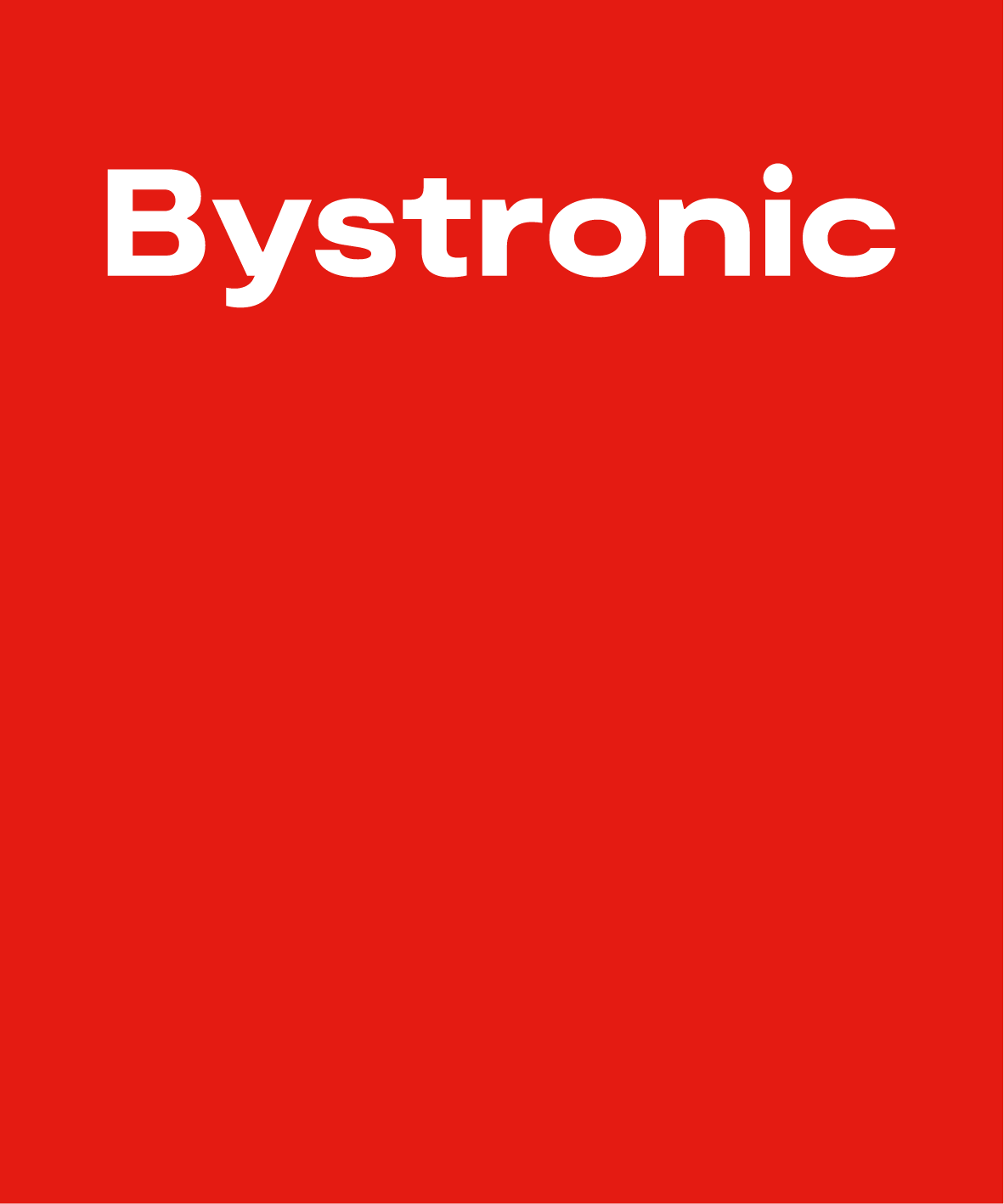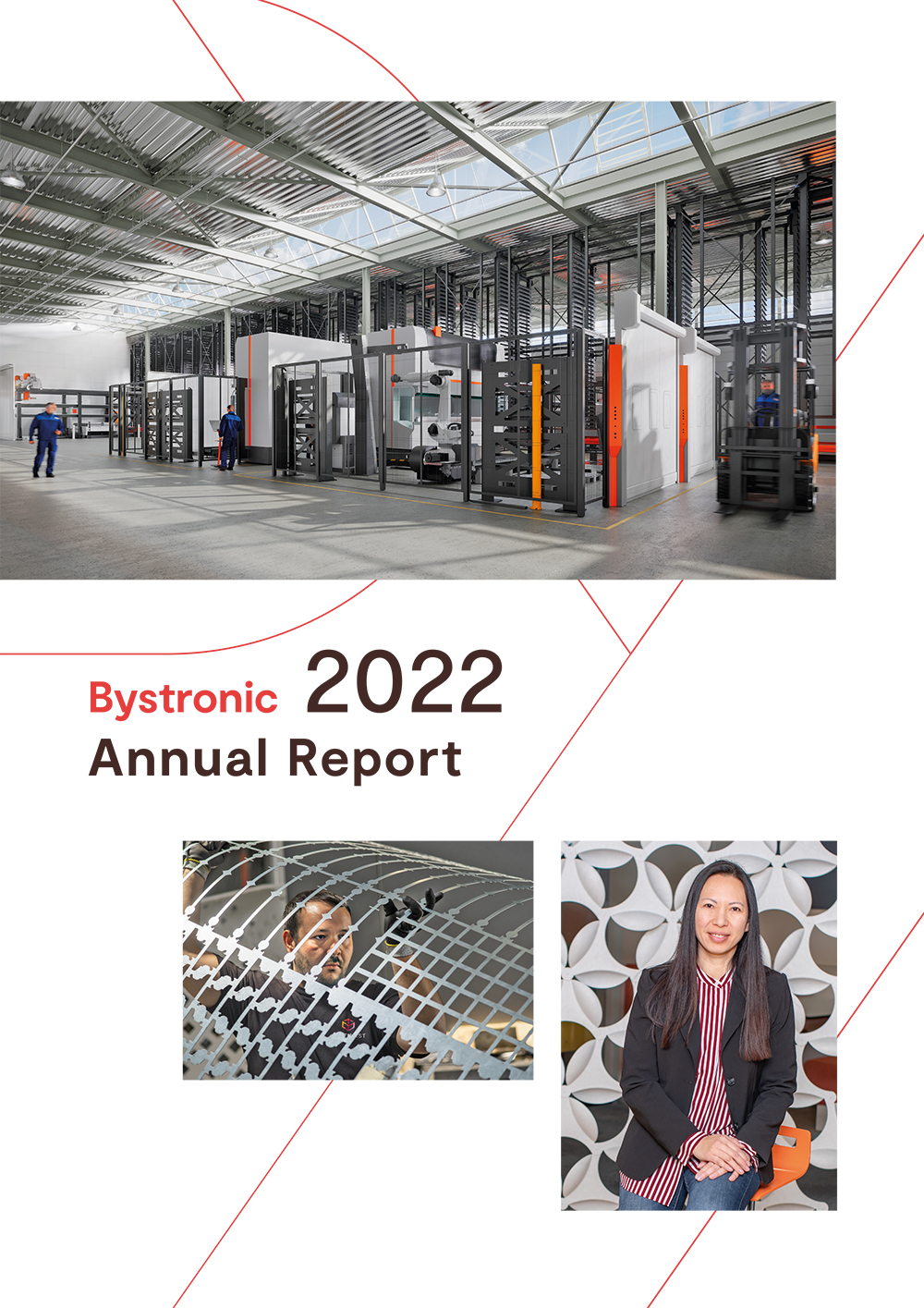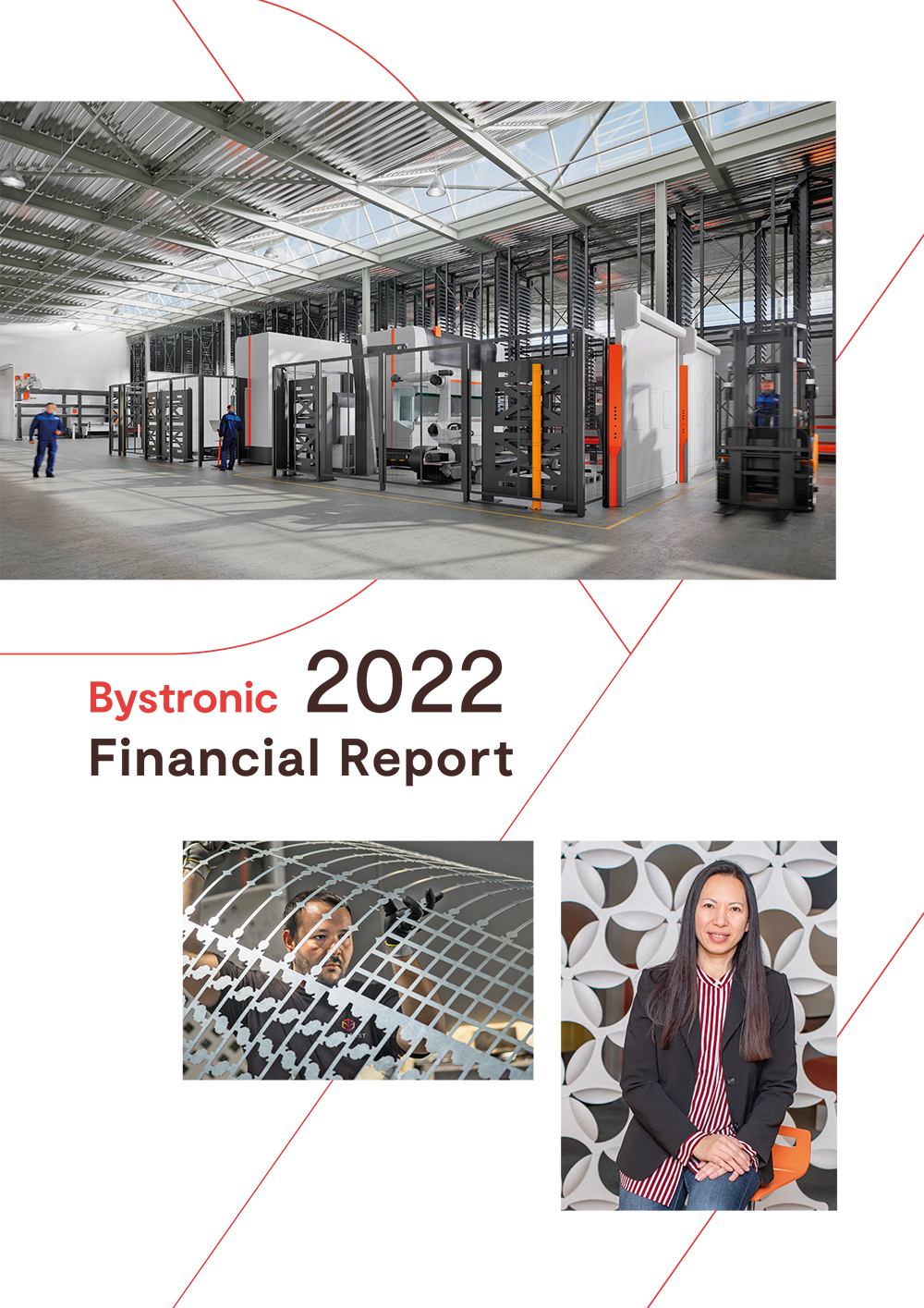Statutory auditor’s report to the General Assembly of Bystronic AG, Zurich
Report on the Audit of the Consolidated Financial Statements
Opinion
We have audited the consolidated financial statements of Bystronic AG and its subsidiaries (the Group), which comprise the consolidated balance sheet as at 31 December 2022 and the consolidated income statement, consolidated statement of changes in shareholders’ equity and consolidated cash flow statement for the year then ended, and notes to the consolidated financial statements, including a summary of significant accounting policies.
In our opinion, the consolidated financial statements give a true and fair view of the consolidated financial position of the Group as at 31 December 2022, and its consolidated results of operations and its consolidated cash flows for the year then ended in accordance with Swiss GAAP FER and comply with Swiss law.
Basis for Opinion
We conducted our audit in accordance with Swiss law and Swiss Standards on Auditing (SA-CH). Our responsibilities under those provisions and standards are further described in the “Auditor’s Responsibilities for the Audit of the Consolidated Financial Statements” section of our report. We are independent of the Group in accordance with the provisions of Swiss law, together with the requirements of the Swiss audit profession and we have fulfilled our other ethical responsibilities in accordance with these requirements.
We believe that the audit evidence we have obtained is sufficient and appropriate to provide a basis for our opinion.
Key Audit Matters
Key audit matters are those matters that, in our professional judgment, were of most significance in our audit of the consolidated financial statements of the current period. These matters were addressed in the context of our audit of the consolidated financial statements as a whole, and in forming our opinion thereon, and we do not provide a separate opinion on these matters.
Revenue Recognition
Key Audit Matter
Revenue represents an important basis for assessing Bystronic’s performance and is thus at the center of the company’s internal targets and external communica-tion. Therefore, the pressure that may arise to achieve revenue targets leads to an increased risk with respect to recognizing revenue in the proper accounting period.
Bystronic recognizes revenue when goods or products have been delivered or services have been rendered and when risk and reward as well as control have been transferred to the buyer, depending on the relevant terms and conditions. There is a degree of judgement when it comes to revenue recognition, as in some cases multiple components and their installation are included in the assessment.
Our response
As part of our audit, we analyzed the process established to determine revenue recognition and assessed whether goods sold were recorded in the appropriate accounting period. We identified the key controls relevant for revenue recognition and tested selected controls for their operating effectiveness on a sample basis.
Moreover, we performed essentially the following audit procedures to assess the correctness of revenue recognition:
- Testing of the accuracy of revenue recognition as at 31 December 2022 by reconciling invoices with bills of delivery on a sample basis.
- Testing of handover protocols and correspond-ence with clients on a sample basis in view of rev-enue recognition in the correct period.
- Assessing the transfer of risk and reward based on installation costs to be incurred and by retrospectively comparing actual costs to prior year estimates.
For further information on Revenue Recognition refer to section 1.1 in the notes to the consolidated financial statements.
Other Information
The Board of Directors is responsible for the other information. The other information comprises the information included in the annual report, but does not include the consolidated financial statements, the standalone financial statements of the company and our auditor’s reports thereon.
Our opinion on the consolidated financial statements does not cover the other information and we do not express any form of assurance conclusion thereon.
In connection with our audit of the consolidated financial statements, our responsibility is to read the other information and, in doing so, consider whether the other information is materially inconsistent with the consolidated financial statements or our knowledge obtained in the audit or otherwise appears to be materially misstated.
If, based on the work we have performed, we conclude that there is a material misstatement of this other information, we are required to report that fact. We have nothing to report in this regard.
Board of Directors’ Responsibilities for the Consolidated Financial Statements
The Board of Directors is responsible for the preparation of the consolidated financial statements that give a true and fair view in accordance with Swiss GAAP FER and the provisions of Swiss law, and for such internal control as the Board of Directors determines is necessary to enable the preparation of consolidated financial statements that are free from material misstatement, whether due to fraud or error.
In preparing the consolidated financial statements, the Board of Directors is responsible for assessing the Group’s ability to continue as a going concern, disclosing, as applicable, matters related to going concern and using the going concern basis of accounting unless the Board of Directors either intends to liquidate the Group or to cease operations, or has no realistic alternative but to do so.
Auditor’s Responsibilities for the Audit of the Consolidated Financial Statements
Our objectives are to obtain reasonable assurance about whether the consolidated financial statements as a whole are free from material misstatement, whether due to fraud or error, and to issue an auditor’s report that includes our opinion. Reasonable assurance is a high level of assurance, but is not a guarantee that an audit conducted in accordance with Swiss law and SA-CH will always detect a material misstatement when it exists. Misstatements can arise from fraud or error and are considered material if, individually or in the aggregate, they could reasonably be expected to influence the economic decisions of users taken on the basis of these consolidated financial statements.
As part of an audit in accordance with Swiss law and SA-CH, we exercise professional judgment and maintain professional skepticism throughout the audit. We also:
- Identify and assess the risks of material misstatement of the consolidated financial statements, whether due to fraud or error, design and perform audit procedures responsive to those risks, and obtain audit evidence that is sufficient and appropriate to provide a basis for our opinion. The risk of not detecting a material misstatement resulting from fraud is higher than for one resulting from error, as fraud may involve collusion, forgery, intentional omissions, misrepresentations, or the override of internal control.
- Obtain an understanding of internal control relevant to the audit in order to design audit procedures that are appropriate in the circumstances, but not for the purpose of expressing an opinion on the effectiveness of the Group’s internal control.
- Evaluate the appropriateness of accounting policies used and the reasonableness of accounting estimates and related disclosures made.
- Conclude on the appropriateness of the Board of Directors’ use of the going concern basis of accounting and, based on the audit evidence obtained, whether a material uncertainty exists related to events or conditions that may cast significant doubt on the Group’s ability to continue as a going concern. If we conclude that a material uncertainty exists, we are required to draw attention in our auditor’s report to the related disclosures in the consolidated financial statements or, if such disclosures are inadequate, to modify our opinion. Our conclusions are based on the audit evidence obtained up to the date of our auditor’s report. However, future events or conditions may cause the Group to cease to continue as a going concern.
- Evaluate the overall presentation, structure and content of the consolidated financial statements, including the disclosures, and whether the consolidated financial statements represent the underlying transactions and events in a manner that achieves fair presentation.
- Obtain sufficient appropriate audit evidence regarding the financial information of the entities or business activities within the Group to express an opinion on the consolidated financial statements. We are responsible for the direction, supervision and performance of the Group audit. We remain solely responsible for our audit opinion.
We communicate with the Board of Directors or its relevant committee regarding, among other matters, the planned scope and timing of the audit and significant audit findings, including any significant deficiencies in internal control that we identify during our audit.
We also provide the Board of Directors or its relevant committee with a statement that we have complied with relevant ethical requirements regarding independence, and communicate with them all relationships and other matters that may reasonably be thought to bear on our independence, and where applicable, actions taken to eliminate threats or safeguards applied.
From the matters communicated with the Board of Directors or its relevant committee, we determine those matters that were of most significance in the audit of the consolidated financial statements of the current period and are therefore the key audit matters. We describe these matters in our auditor’s report, unless law or regulation precludes public disclosure about the matter or when, in extremely rare circumstances, we determine that a matter should not be communicated in our report because the adverse consequences of doing so would reasonably be expected to outweigh the public interest benefits of such communication.
Report on Other Legal and Regulatory Requirements
In accordance with article 728a para. 1 item 3 CO and PS-CH 890, we confirm that an internal control system exists, which has been designed for the preparation of consolidated financial statements according to the instructions of the Board of Directors.
We recommend that the consolidated financial statements submitted to you be approved.
KPMG AG

François Rouiller
Licensed Audit Expert
Auditor in Charge

Raphael Gähwiler
Licensed Audit Expert
Zurich, February 27, 2023


